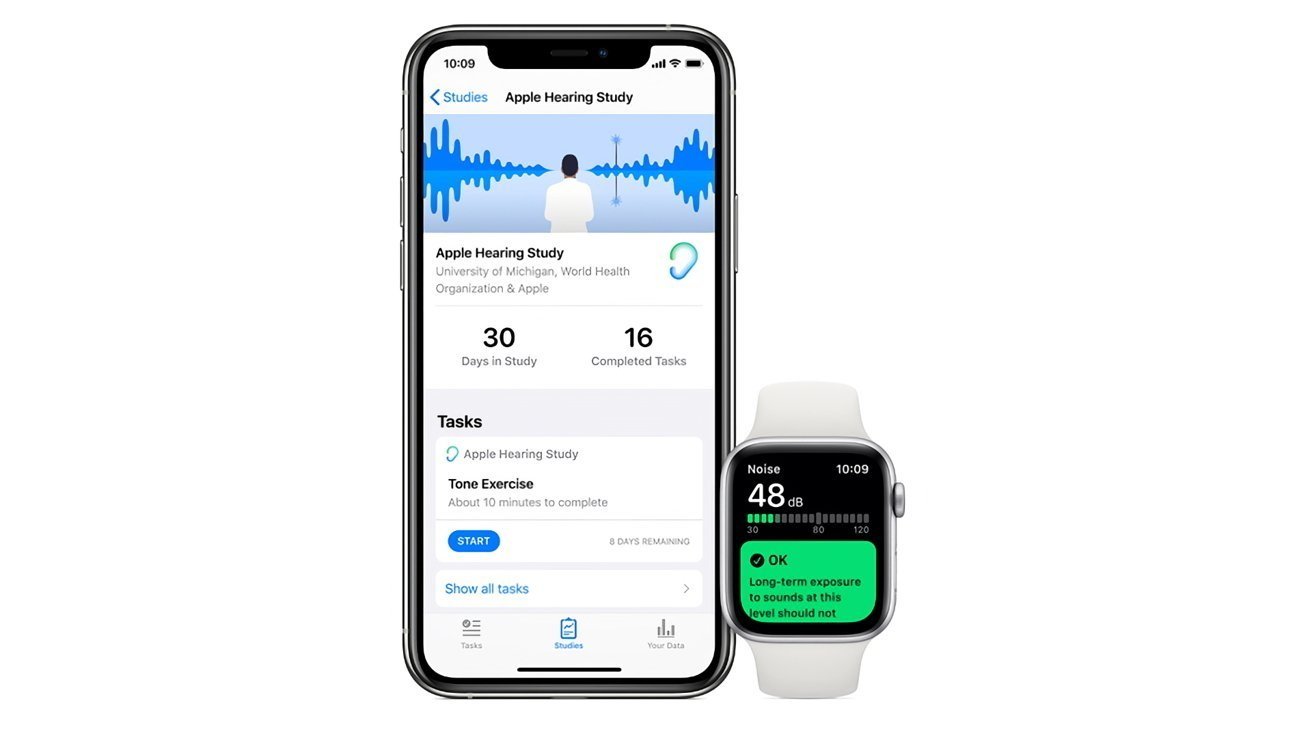The business culture in the US typically recognizes failing hard and fast as a sign of progress, in a way we don’t see in more risk-averse European companies, and this won’t serve us when it comes to finding the most innovative solutions to business challenges.
These decisions are often now fundamental to the way a business is run, which means they have to be made with wider business understanding and an appreciation for what the customer needs, rather than a purely technical one.
This kind of situation is where data integration is particularly valuable, because from a business point of view, data only means something if it is applied to an actionable challenge or problem in a business context.
Through the use of a no-code solution, combined with the business expertise of the staff to produce the kind of business logic necessary to navigate the low margins often faced by mid-market businesses, they can avoid being stuck with problems that can’t be fixed with manual labor alone.
Instead of considering the challenges ahead as a gap that needs bridging in traditional ways, we need to plot an entirely new route - something we can do using tools now available to us like no-code technology.































